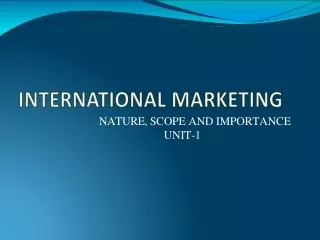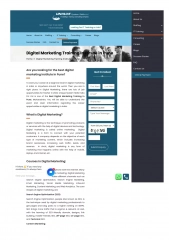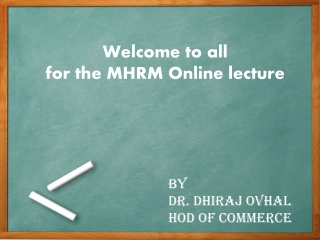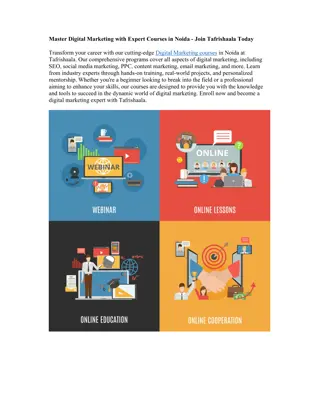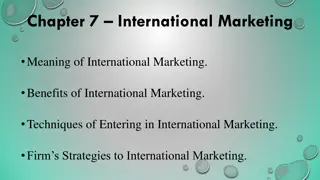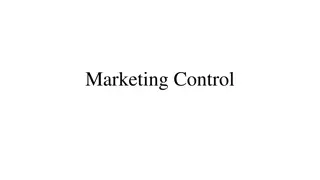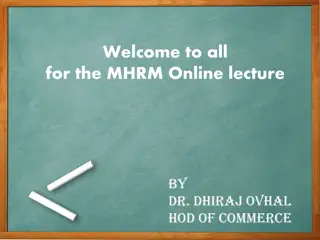Top Challenges in International Marketing Research
International markets are diverse, requiring a deep understanding of regional nuances and cultural differences to succeed. Avoiding broad research approaches, finding the right research partner, integrating local and global expertise, and ensuring realistic project planning are key challenges in international marketing research.
Download Presentation

Please find below an Image/Link to download the presentation.
The content on the website is provided AS IS for your information and personal use only. It may not be sold, licensed, or shared on other websites without obtaining consent from the author.If you encounter any issues during the download, it is possible that the publisher has removed the file from their server.
You are allowed to download the files provided on this website for personal or commercial use, subject to the condition that they are used lawfully. All files are the property of their respective owners.
The content on the website is provided AS IS for your information and personal use only. It may not be sold, licensed, or shared on other websites without obtaining consent from the author.
E N D
Presentation Transcript
TOP CHALLENGES IN INTERNATIONAL TOP CHALLENGES IN INTERNATIONAL MARKETING RESEARCH MARKETING RESEARCH 1. International markets are incredibly diverse Some business fail to appreciate the diversity within a region or indeed a country. Only by rooting out the nuances of different geographical areas, cultures and consumers, can you get an accurate picture of what people value and whether your products and services might succeed.
2. There can be a temptation to go too broad Linked to this, sometimes when companies set out on international marketing research projects, they make the mistake of going too broad and trying to understand a region as a whole. Another error we see is firms commissioning research to target one market and then using this as a jumping off point into others with similar attributes. This inevitably leads in costly mistakes as brands map their assumptions about one market onto another. To avoid this, be clear on the emphasis of your research. Where are you looking to focus? Why? Looking too broadly across a region of different markets, or exploring how an entire product range might perform, can cloud the picture
3. Finding the right research partner The next big question is whether you have the research capabilities to conduct meaningful projects internationally. Most brands and their research partners can run domestic research projects with ease. But if you re in the UK, say, even going as far afield as France or Germany requires different sensibilities and capabilities. The more international you get, the harder you need to look for that kind of experience and expertise.
4. Bringing together local and global expertise This is one of the biggest challenges in international marketing research and there has to be a collaborative effort and a shared understanding of the mission, the methodology and the insights to overcome this. A research team at HQ might working with a local marketing team to understand how to position a product for success in an emerging market. But if the teams are siloed and don t have a consistent understanding of the brief, their approach to researching the market and their findings might not actually help deliver on the challenge at hand.
5. Ensuring that the project is realistic from the outset This is where all the other challenges in international marketing research come together: which markets, what purpose, the capabilities available, and the effectiveness of the output all within a budget that makes sense. There are always going to be limits to what s practical and the last thing any client needs is to be spending large sums testing international markets to no effect.


